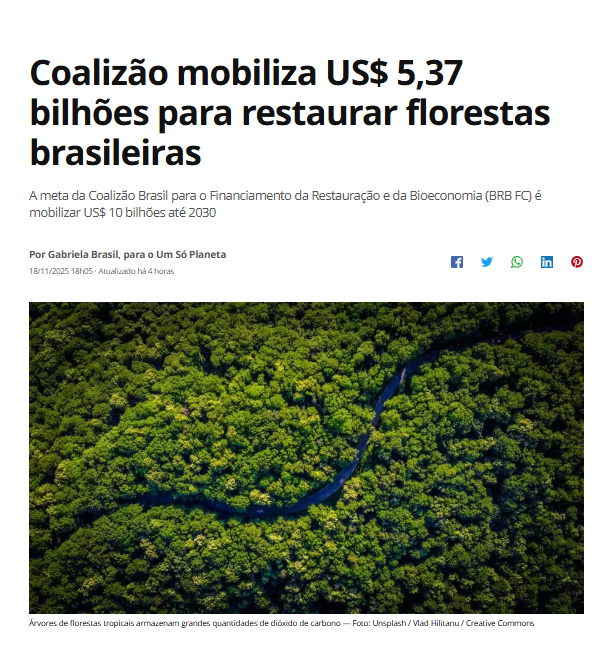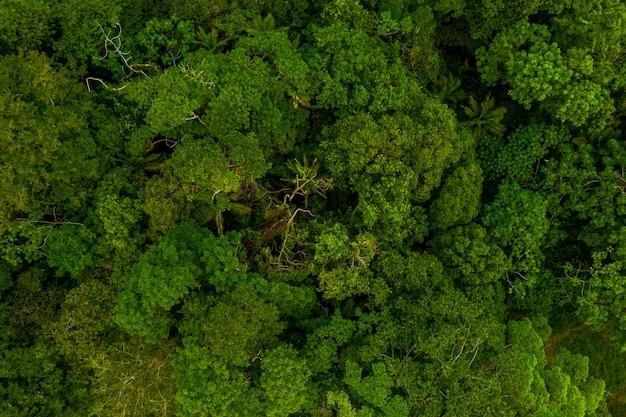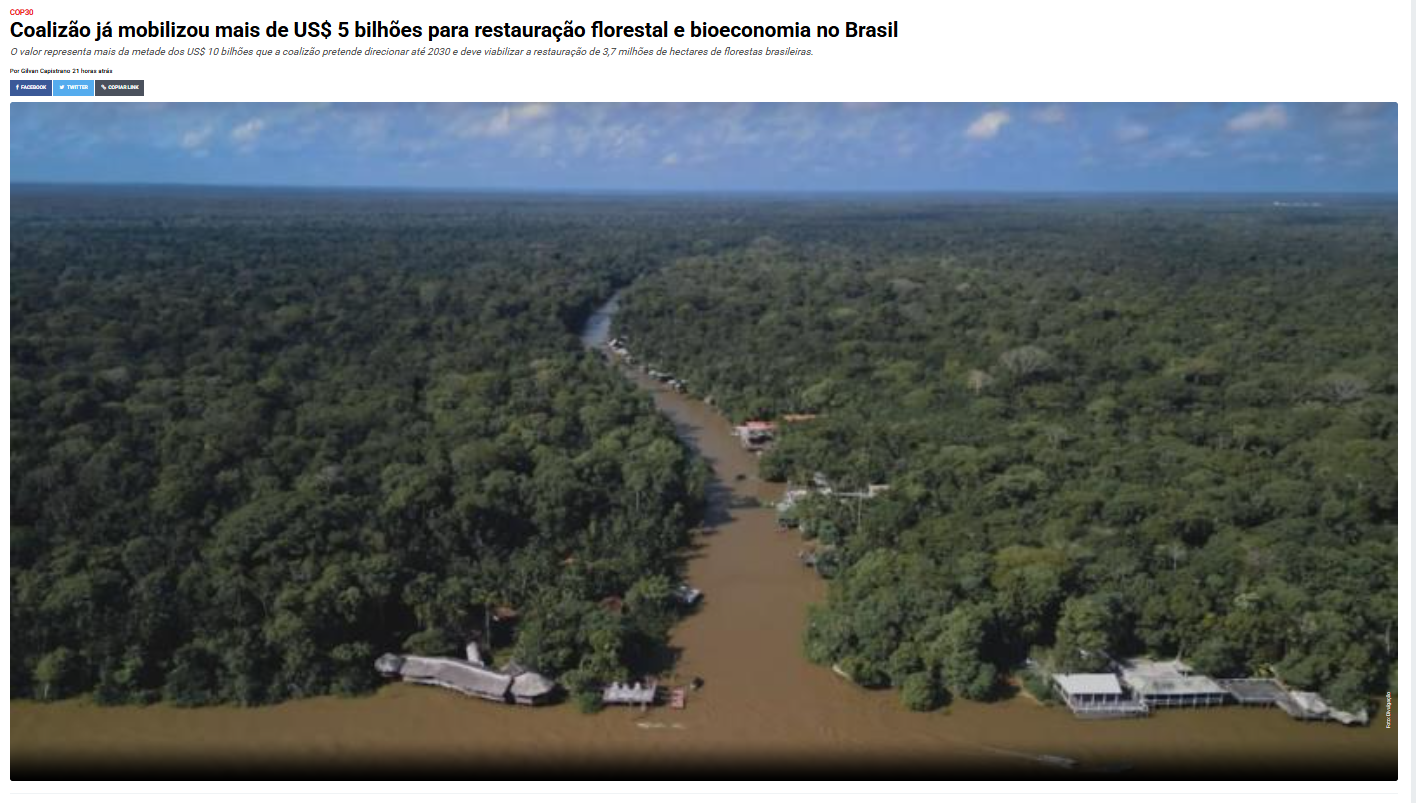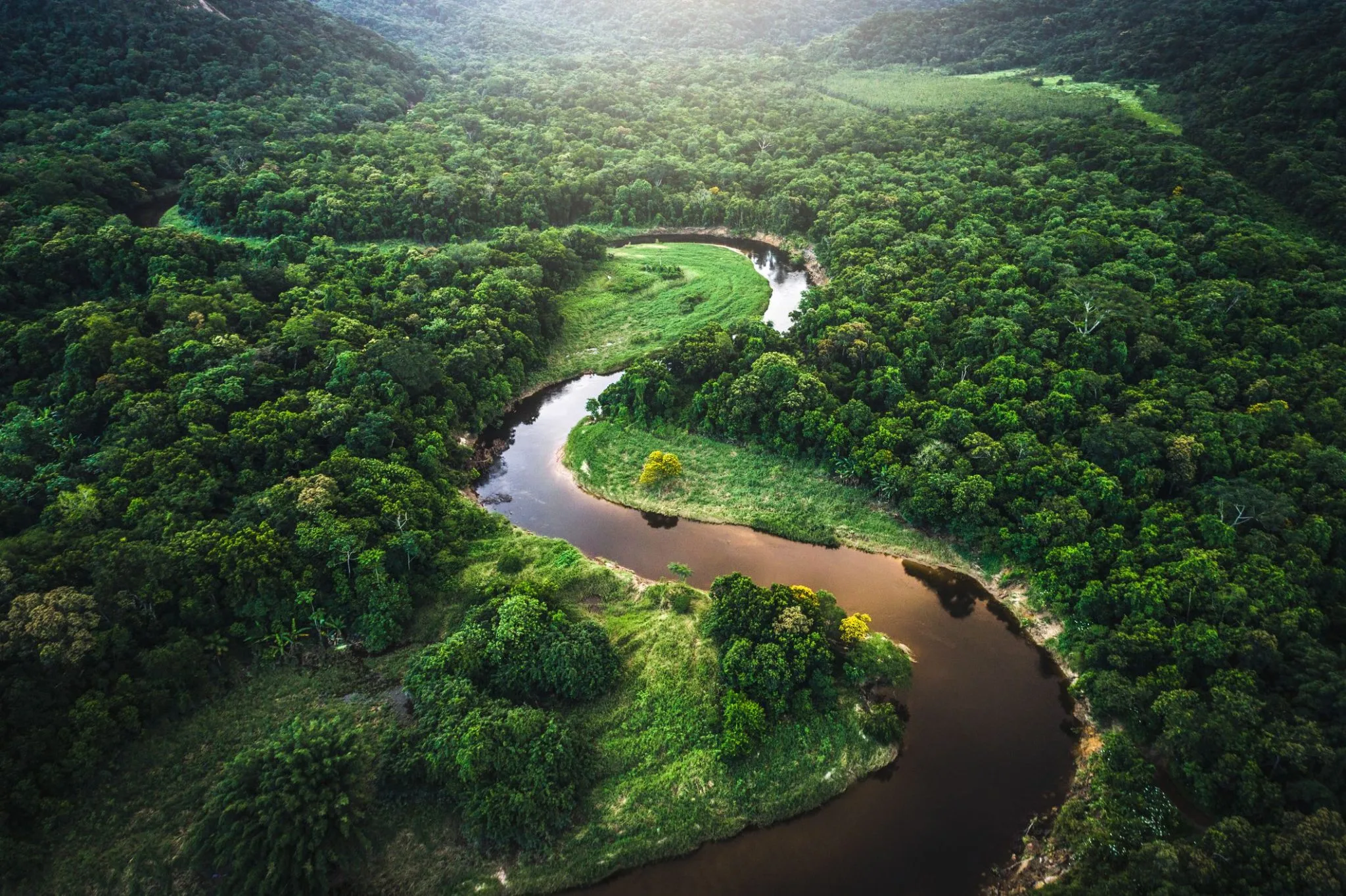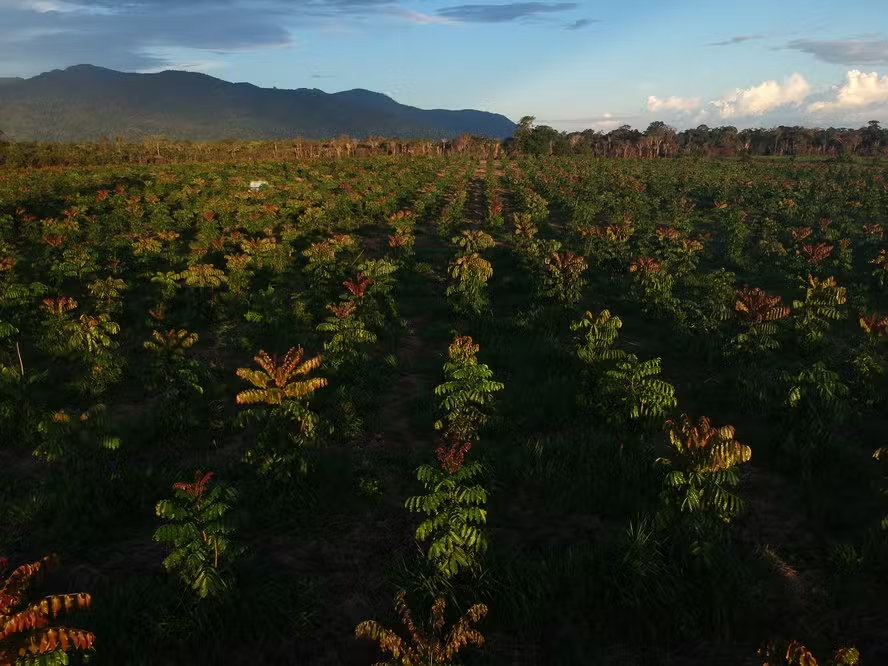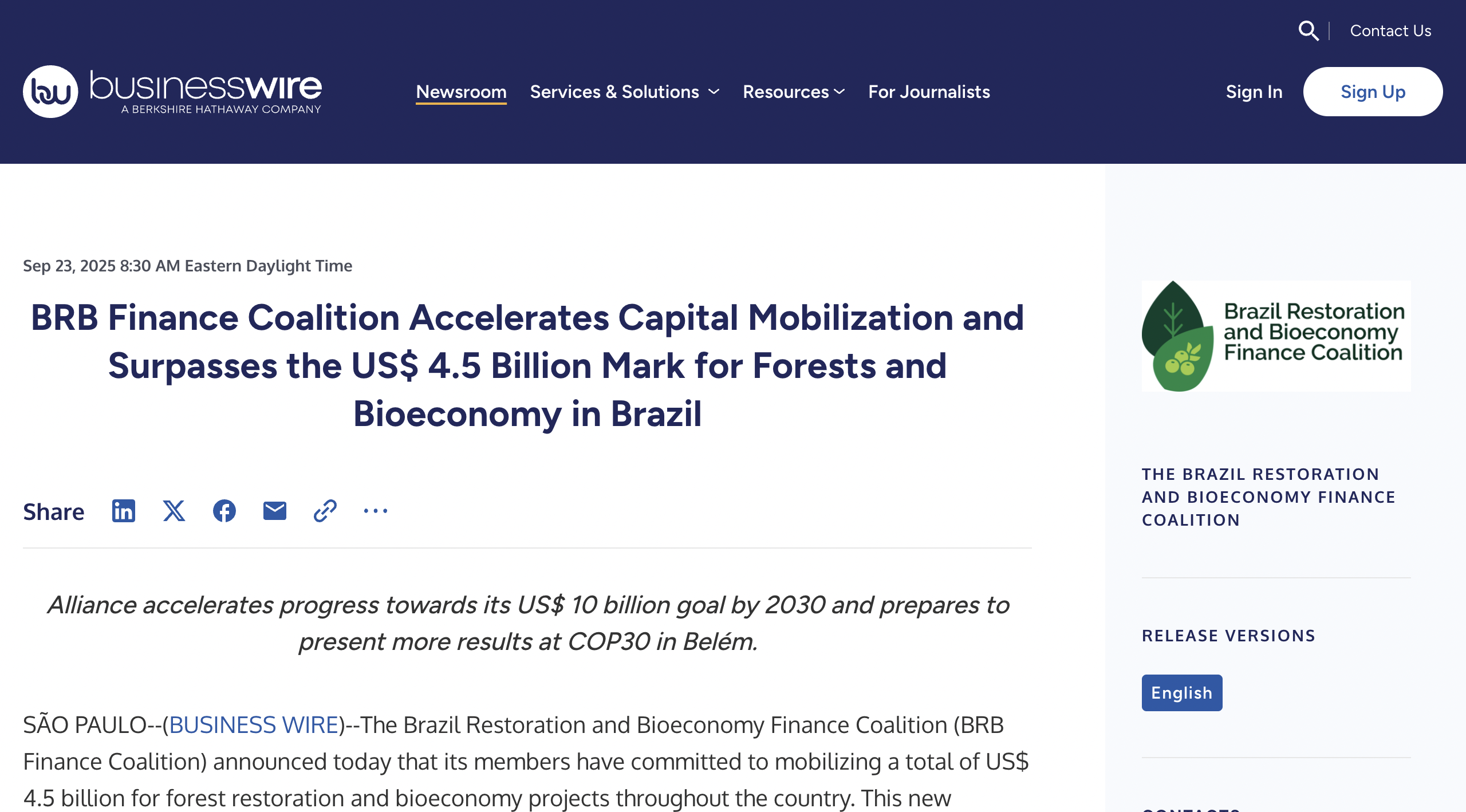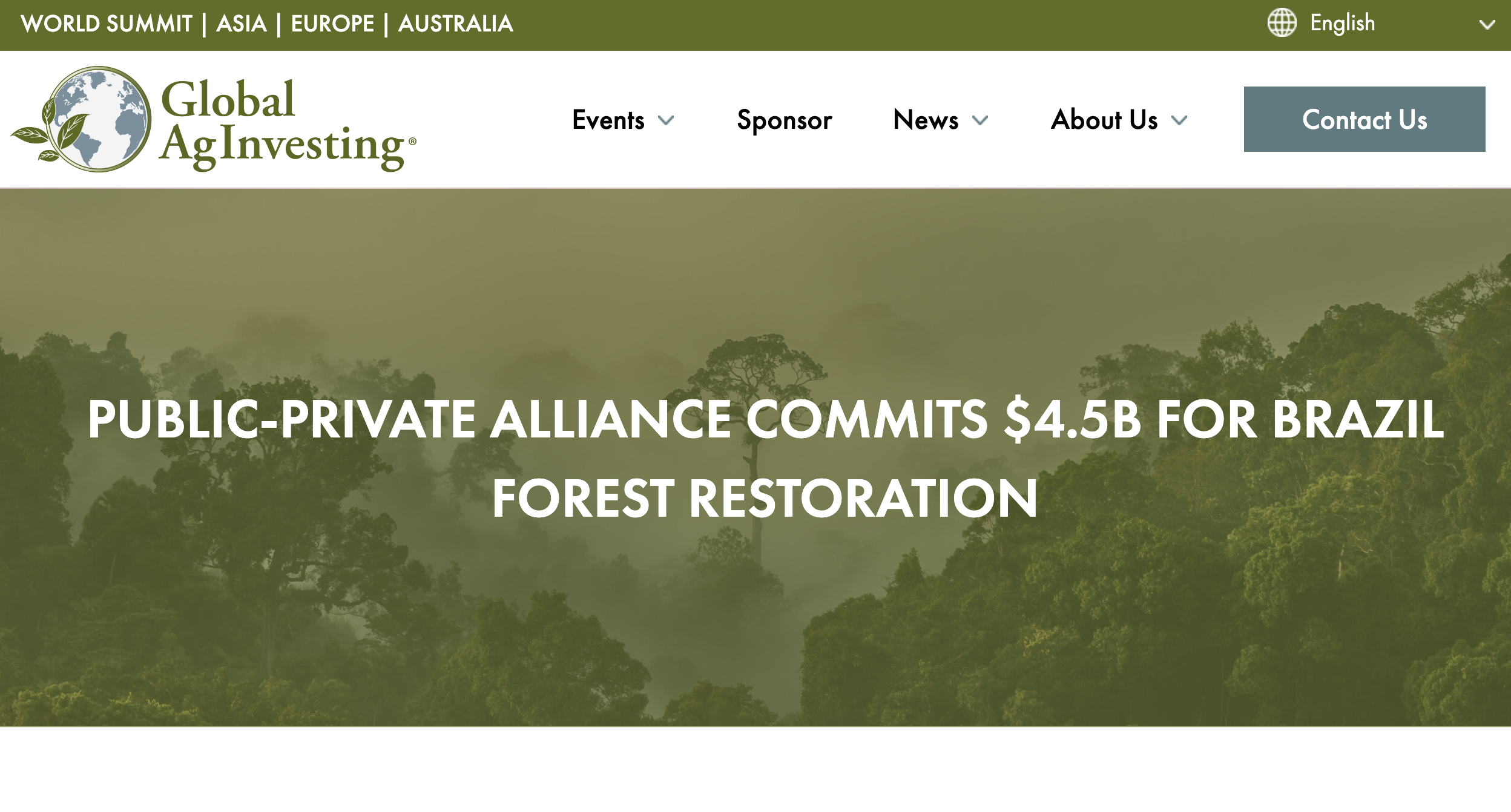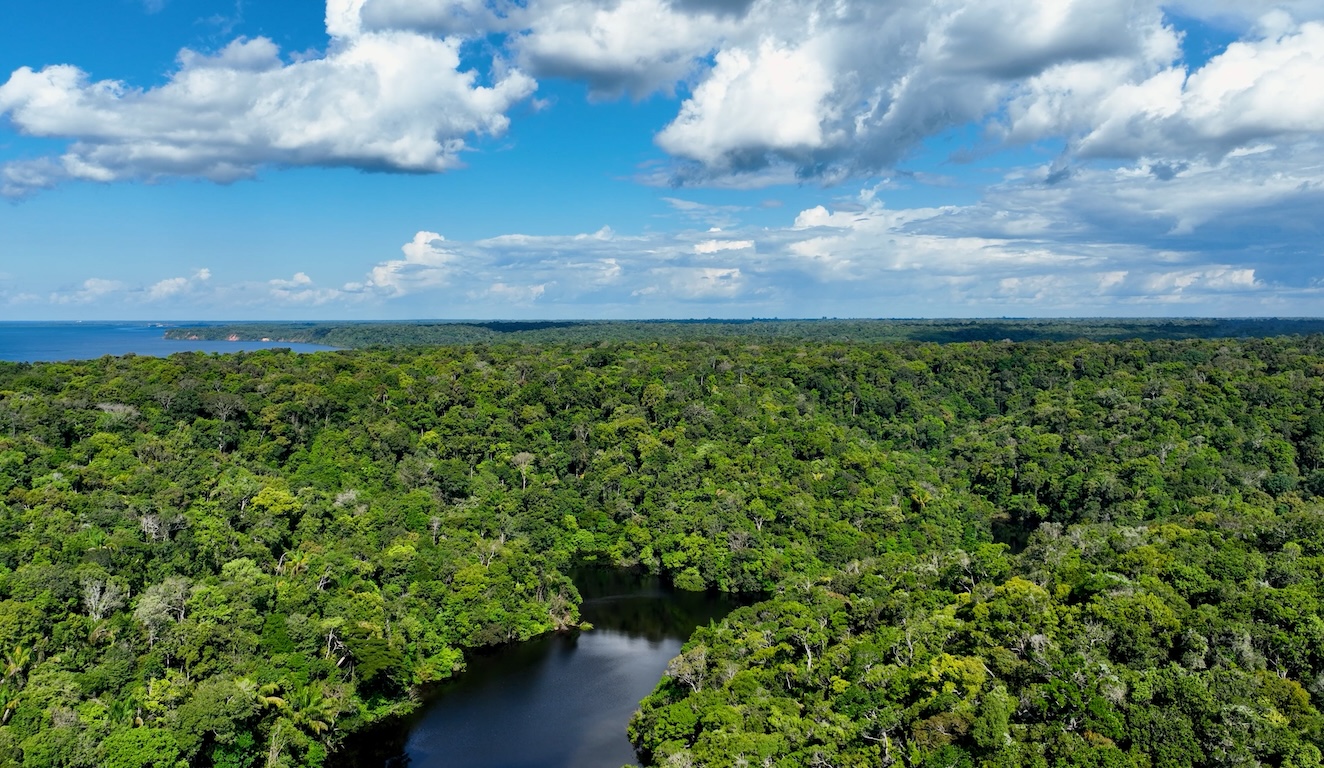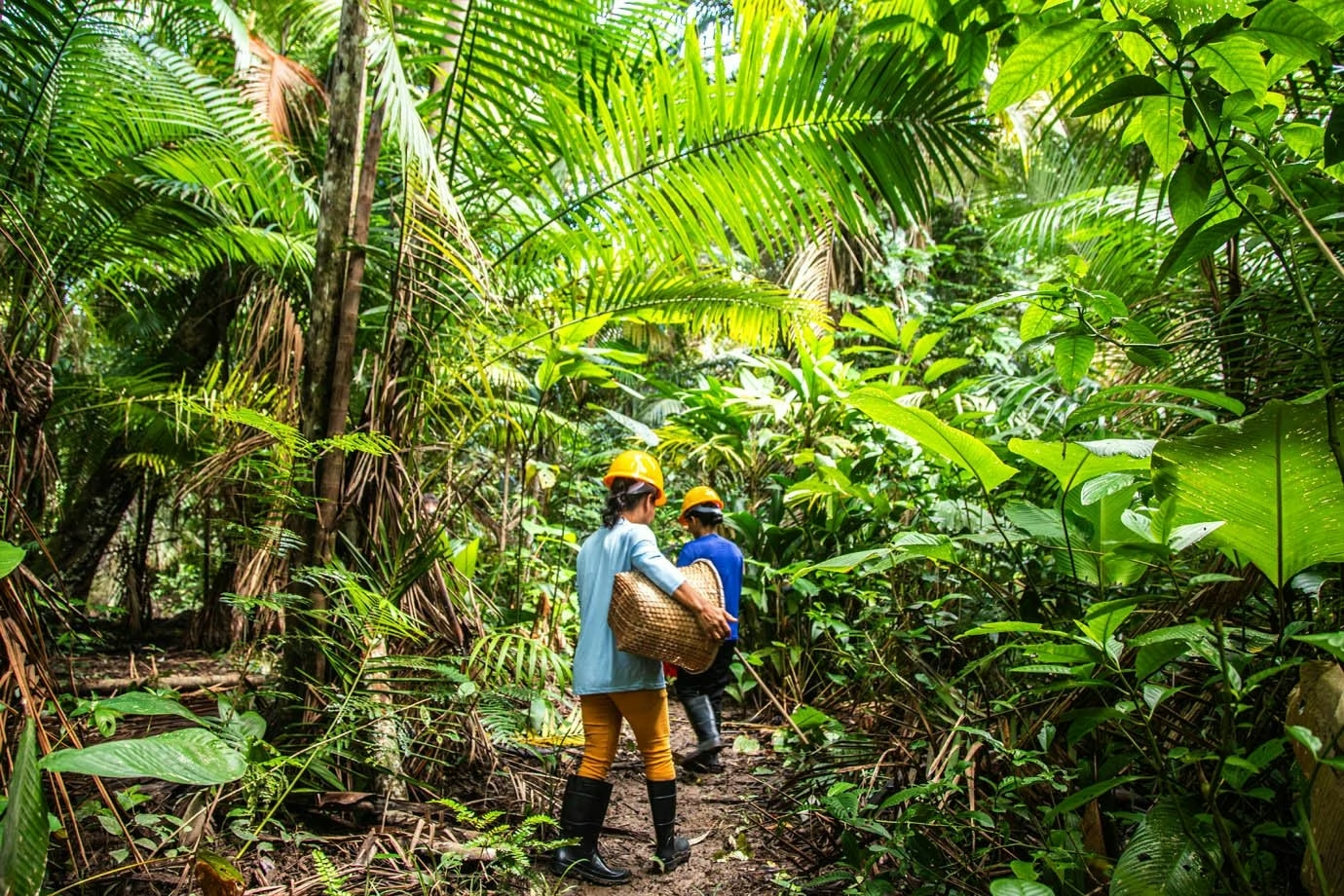A Narrative of Unity and Action
Our mission is to bridge the gap between financial investments and nature conservation by fostering collaboration, innovation, and actionable projects. We empower stakeholders—investors, policymakers, communities, and innovators—to contribute to the transition toward a more sustainable and resilient future.
The Brazilian Restoration & Bioeconomy Finance Coalition (BRB FC) is a public-private initiative mobilizing capital to accelerate forest restoration and the growth of Brazil’s bioeconomy. Leveraging the country’s vast natural capital and progressive policy landscape, the Coalition supports high-integrity, large-scale projects that contribute to a low-carbon, nature-positive economy. Launched on the margins of the G20 Summit in Brazil (Nov 2024), the Coalition gained international momentum at the World Economic Forum in Davos (Jan 2025), where it was featured in a high-level panel with BTG Pactual, Conservation International, and climate scientist Carlos Nobre (BNDES).
Founding members of the Coalition include Agni, Banco do Brasil, BNDES, Biomas, BTG Pactual, Conservation International, The Nature Conservancy, the U.S. Department of State, the World Economic Forum, the World Bank Group, IDB Invest, Instituto Arapyaú, Institute for Climate and Society (iCS), Instituto Itaúsa, Mombak, Regia Capital, and re.green. The initiative currently unites 26 leading institutions, including major private sector players, and continues to grow with new members joining.
Key findings
High conservation value: community enterprises are located in territories with lower deforestation rates due to collective governance and sustainable practices.
These territories avoid or sequester between 40.7 million tons CO₂e/year (low estimate) and 104.5 million tons CO₂e/year (high estimate). This represents the annual emissions of 8-20 million passenger cars; or 10–25% of Brazil’s annual emissions from deforestation.
Market activity: 81% operate at local or regional markets; 33% already export.
86% report: direct impacts from extreme climate events (drought, fire, floods).
Funding gaps: while 76% have accessed funding, only 38% of community-enterprises have accessed investments (loans).

